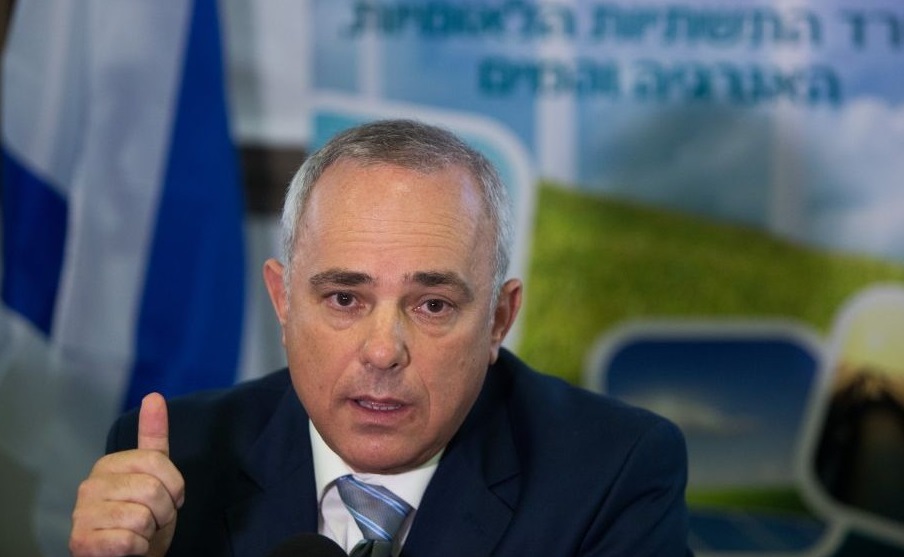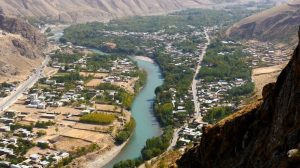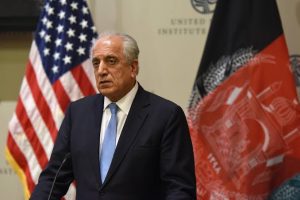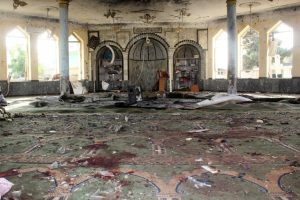Israeli Minister: We Do Not Want A Strong Iran Near Israeli Borders

MEP: With the end of the war on Syria presumably in sight, Israel fears Iran’s presence north of the occupied territories.
As Iran and the resistance focus on toppling ISIS, it is also quietly gaining traction in Syria – posing a direct threat to Israel, eastern Mediterranean countries and the entire Arabian Peninsula, according to National Infrastructure, Energy and Water Minister Yuval Steinitz.
“It’s very easy and convenient to focus on ISIS,” he told The Jerusalem Post. “But we have two challenges in Syria.
One is ISIS and one is Iran.
The greater threat is coming from Iran, and not just from its nuclear program. The most immediate and urgent threat is the Iranian plan to transform Syria, after this horrible, brutal civil war is over, into some kind of extension of Iran.”
Steinitz stressed the urgency of the Iranian threat to the entire region, in an interview ahead of the Jerusalem Post Annual Conference in New York on May 7, where he is scheduled to speak.
With the end of the war on Syria in sight, Israel is facing a serious question, according to Steinitz, “What will we get on our northern border?” he asked.
“What will Jordan, Saudi Arabia and the Arab Peninsula get on their northern front? What will Turkey, Greece, Cyprus and Israel get in the eastern Mediterranean? Shall we face a weakened Syria, or a stronger Iran instead?” Although it might take Iran several years to realize its ambitions and build a permanent military presence in Syria, the country could eventually establish an air force and naval presence there, as well as an arsenal of ballistic missiles, Steinitz explained. The minister described such a situation as a “very dangerous development.”
“We don’t want to have a direct military border with Iran itself.”
An Iranian presence in the eastern Mediterranean is a reality that the United States and NATO are also aiming to avoid, Steinitz continued.
“Therefore, it’s high time for the international community in general and for the two superpowers, the US and Russia, in particular, to sit together and prevent this scenario,” he said.
During his visit to Washington in early March, Steinitz met with his US counterpart, Energy Secretary Rick Perry, as well as a number of other officials in the Trump administration, during which he emphasized these same points.
Thus far, Steinitz said he finds “the new rhetoric” in Washington on the issue to be encouraging.
“We have heard from [President Donald] Trump and his people that Iran should be contained, that Iran is destabilizing the entire Middle East and that Iran should stop and postpone its longer range inter-ballistic missiles,” he said, noting that such missiles could pose a threat to Europe or even the US.
“So far the rhetoric is good, but now let’s wait and see what will follow,” he added.







